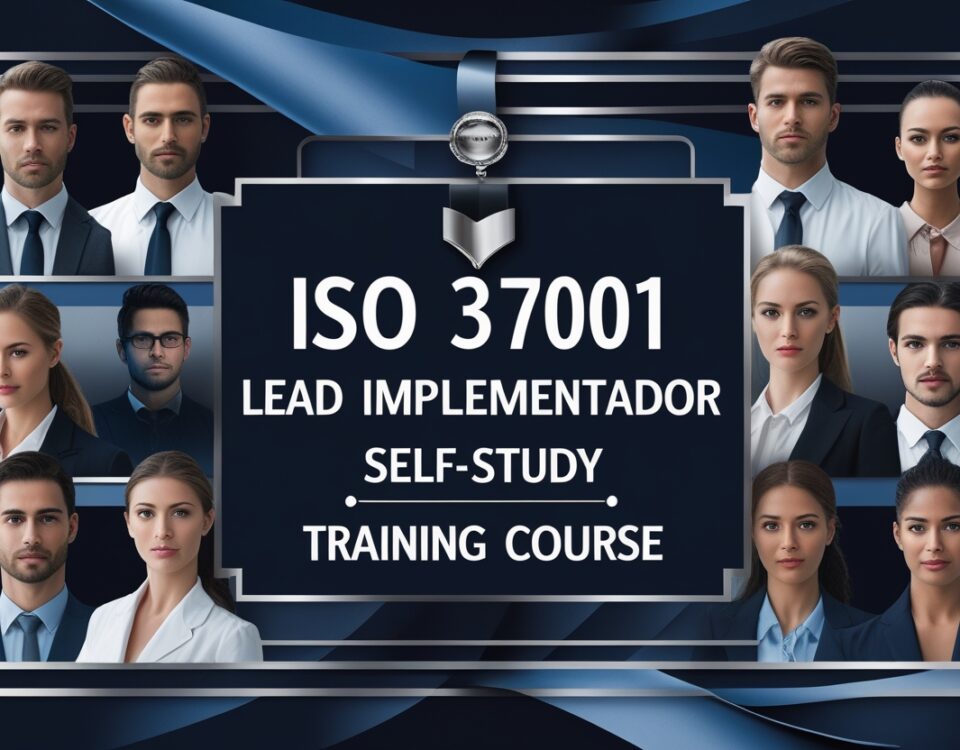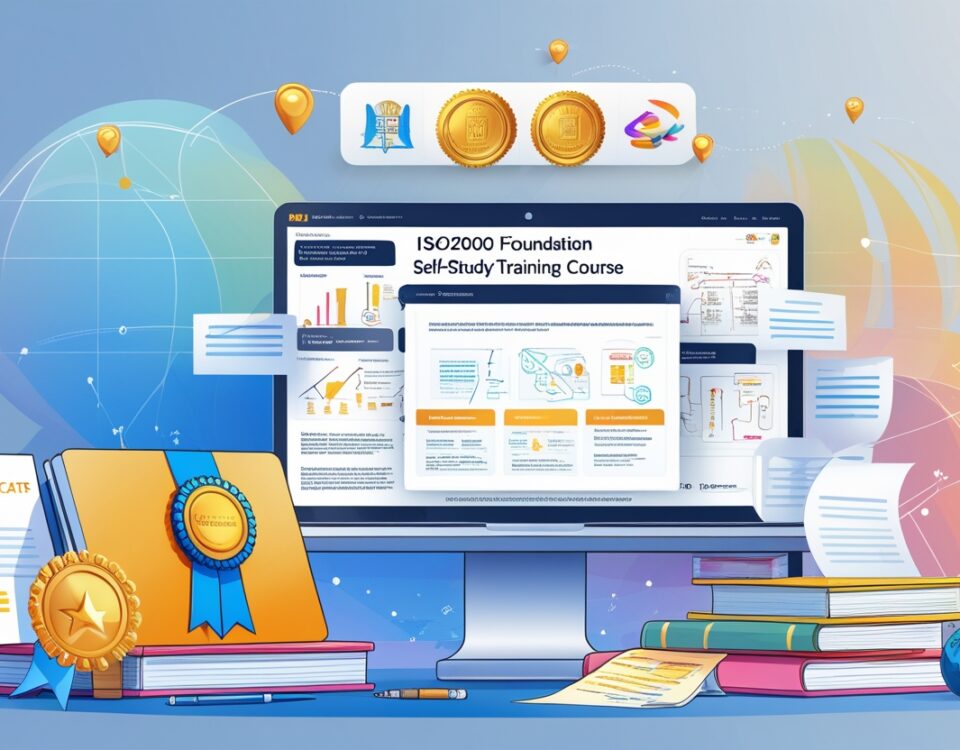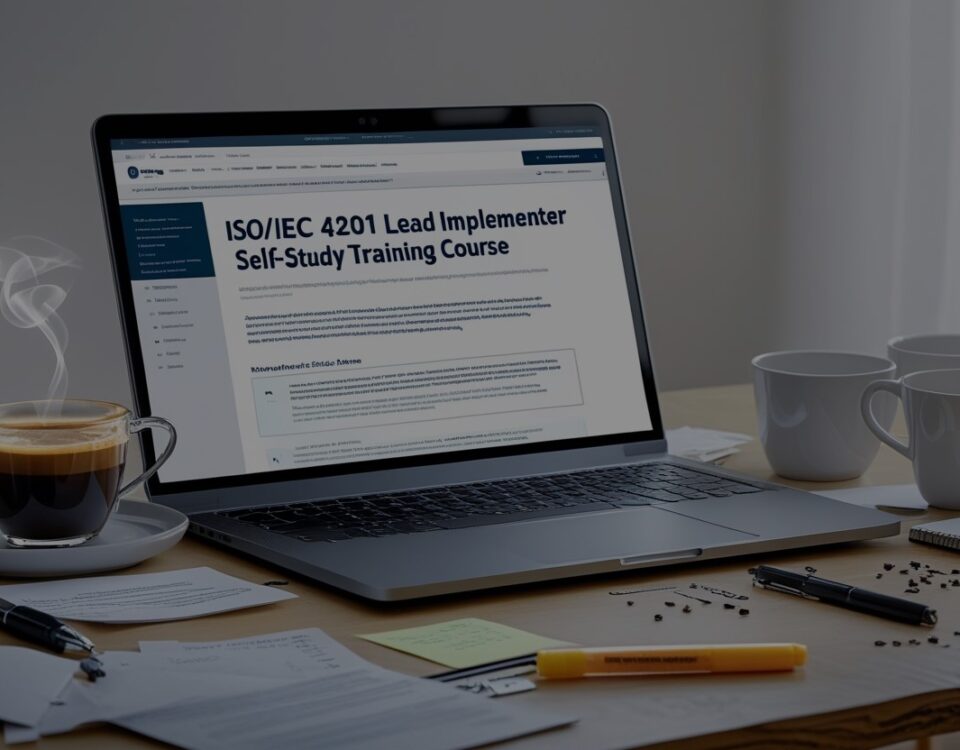
ISO 37001 Lead Auditor Self-Study Training Course
A training of SGS Academy
About the Course
The ISO 37001 Lead Auditor self-study training course is certificated by PECB and meets the requirements of the PECB Examination and Certification Program (ECP). This course provides the necessary knowledge and skills that enables learners to perform anti-bribery management system (ABMS) audits by applying widely recognized audit principles, procedures, and techniques.
International Certifications
What Will You Gain from This Course?
Fundamental Principles of an Anti-Bribery Management System (ABMS)
This module introduces the key principles and concepts of an Anti-Bribery Management System (ABMS), focusing on the importance of preventing, detecting, and addressing bribery within organizations. Learners will explore the benefits of implementing an ABMS, the role of leadership in fostering ethical practices, and the impact of bribery prevention on corporate integrity and compliance.
Anti-Bribery Management System Requirements
Understanding the requirements of an ABMS is essential for effective implementation. This module provides an overview of the structural and operational requirements of an anti-bribery management system, including risk assessment, policies, procedures, due diligence, and internal controls. Participants will learn how organizations can align their systems with international best practices, such as ISO 37001, to mitigate bribery risks.
Fundamental Audit Concepts and Principles
Auditing plays a critical role in evaluating the effectiveness of an ABMS. This module covers the fundamental concepts and principles of auditing, including audit objectives, methodologies, and ethical considerations. Learners will understand how audits help organizations ensure compliance, identify weaknesses, and drive continuous improvement in their anti-bribery practices.
Preparing, Conducting, and Closing an ISO 37001 Audit
A structured audit process is essential for verifying compliance with ISO 37001. This module provides a step-by-step guide to planning, conducting, and closing an ISO 37001 audit, covering key activities such as evidence collection, interviews, reporting, and corrective actions. Participants will gain the knowledge needed to perform effective audits and ensure their organization meets anti-bribery standards.
Managing an ISO 37001 Audit Program
Beyond individual audits, organizations must implement a sustainable audit strategy. This module focuses on developing and managing an ISO 37001 audit program, ensuring that audits are conducted systematically and consistently. Learners will explore best practices for audit planning, risk-based scheduling, reporting mechanisms, and follow-up actions to drive long-term compliance and continuous improvement.
Interested? Register Now
What's Included?
Related
There are no posts on the list.





